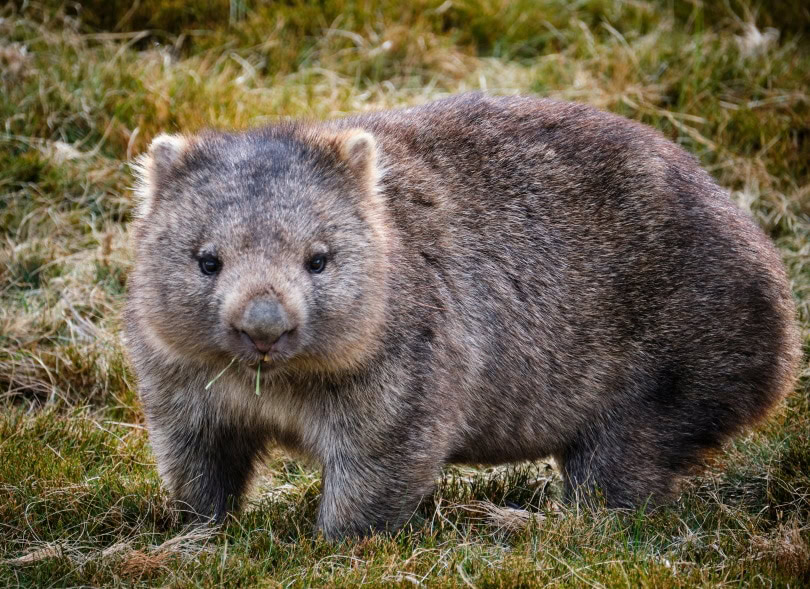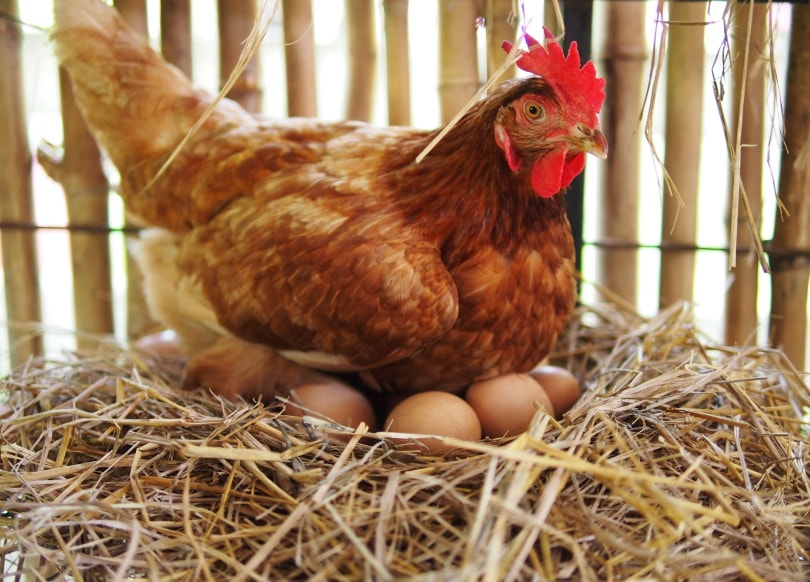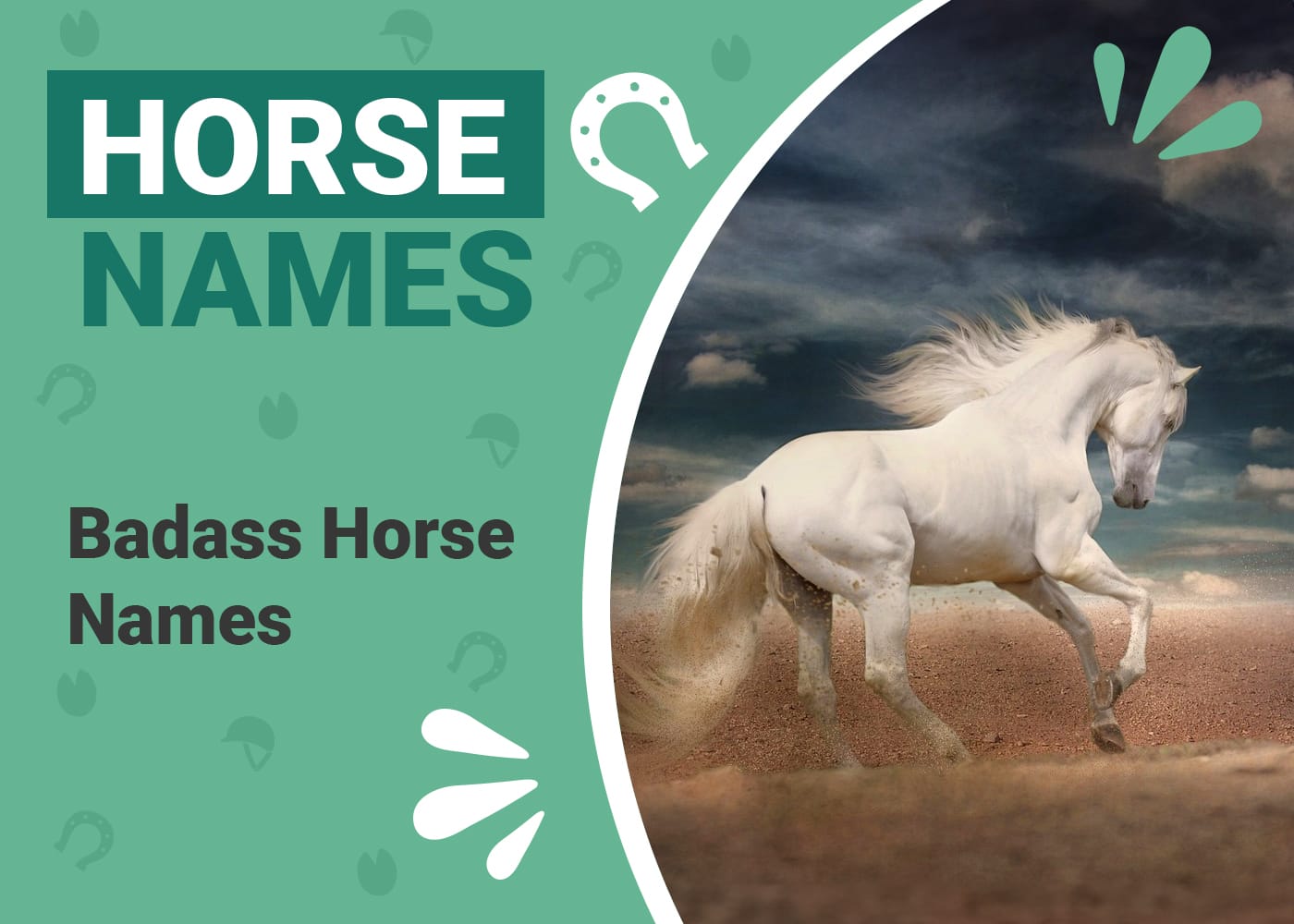VET APPROVED

The information is current and up-to-date in accordance with the latest veterinarian research.
Learn more »Click to Skip Ahead
The wombat is a sturdy marsupial (pouched mammal) from Australia that resembles a short teddy bear. Due to this cute and cuddly appearance, many people wonder if they make good pets.
Unfortunately, these animals do not make good pets, they are wild animals that should not be kept in a domestic environment. Keep reading while we discuss why wombats don’t make good pets, their main characteristics and what we can do to help preserve this fascinating mammal.
Important note: PangoVet does not endorse or encourage the keeping of wild, exotic, protected, endangered, or otherwise threatened animals as pets. This article is for informative purposes only.

What Is a Wombat?
The wombat is a marsupial, a relative of the kangaroo and sugar glider, that can be found in Australia. The opossum is an example of a marsupial you can find in the United States. The wombat is extremely adaptable, and you can find them in many different habitats, such as forests, mountains, and coastal shrublands. They dig extensive burrows to live and breed in, and you will rarely see them, except on rainy and cloudy days when they might venture out for food.
Wombats mark their territory with unique cubic feces that they can stack. They are quite prolific with their territory markings and may poop up to 100 cubes a day. The Wombat may also use these feces to attract a mate. These animals are herbivores that can grow to 40 inches long, weighing more than 60 pounds. Its call sounds similar to a pig, and it can live more than 15 years in the wild.
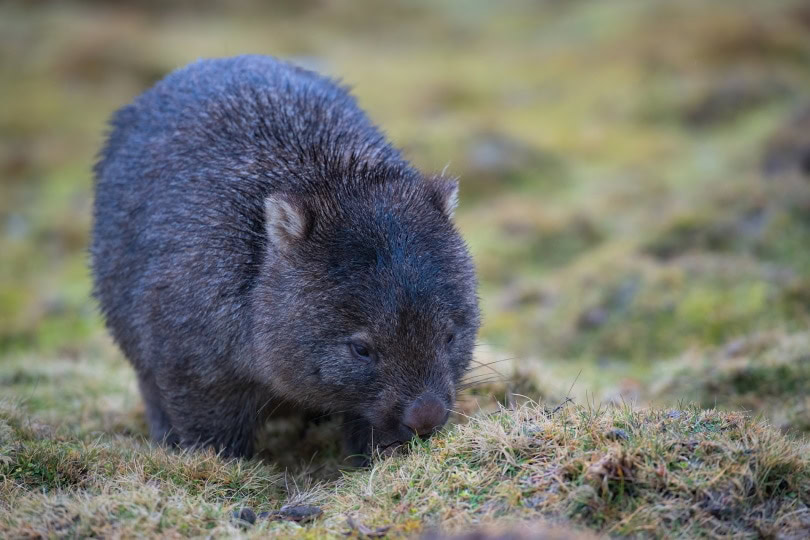

The 10 Reasons a Wombat Does Not Make a Good Pet
- It’s a wild animal that you cannot tame, even after years in captivity. Your wombat will always attempt to escape and may bite you in the process.
- Wombats produce more than 100 pieces of poop each day.
- Wombats will quickly dig out of any enclosure that doesn’t have a solid floor.
- The wombat’s claws can easily puncture human skin, and they will bite as well. Cornered wombats will charge you and can easily knock over a startled human.
- The Australian government protects all wombat species in every Australian State, making them illegal to collect for the pet trade.
- The government lists some wombat species, like the Northern hairy-nosed wombat, as endangered.
- It’s illegal to import the wombat into any foreign country.
- Since the wombat spends most of its time burrowing, it can be difficult to recreate its natural habitat.
- Wombats are nocturnal, and humans rarely see them, so scientists still need to learn how to best care for them.
- They are extremely strong and will tear open most cages designed to hold them. They can also break locks and will even dig through a wall to escape. Most experts agree that wombats would cause too much damage to your home to keep them indoors.
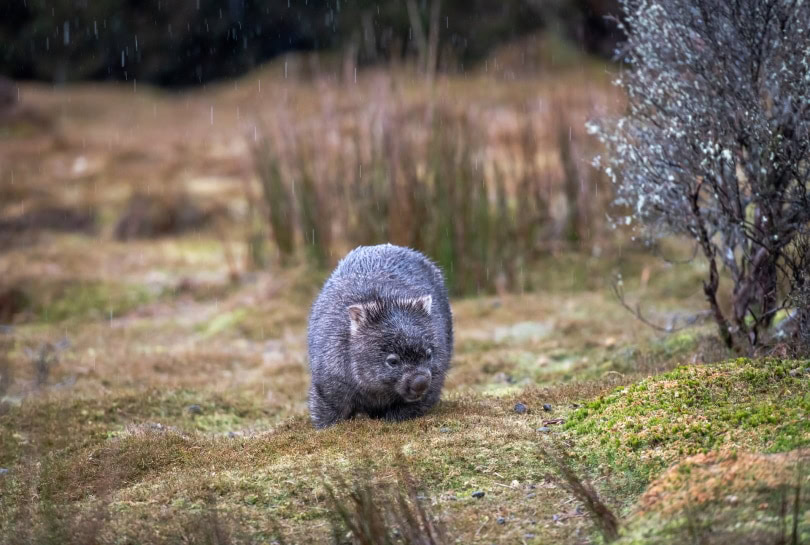
How to Help with the Preservation of the Wombat
If you are disappointed that you cannot own one of these pets but would still like to help out with their conservation, there are several online organizations you can visit, including WombatAwareness.Org. These organizations allow you to donate money to help rescue, rehabilitate, and rebuild populations of wombats. Most of the wombat habitat has been lost, making it very difficult for them to find food and shelter.
There is also plenty of information on these websites to help you learn more about these amazing animals and the problems they face.
You can even virtually adopt several of the wombats they have in captivity so you can watch it grow and age as if it were your pet. At the time of this writing, there were seven wombats ready for adoption, and each came with an adoption certificate and an invite to join their exclusive Facebook page available to adopters only.
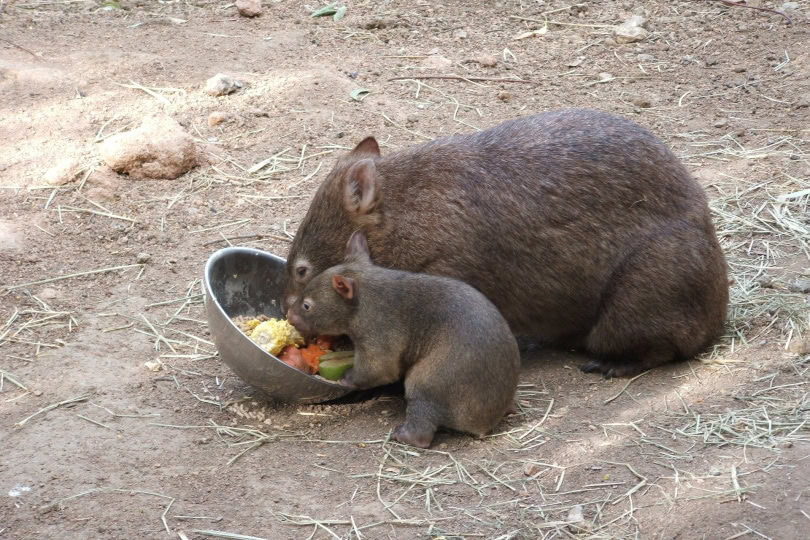

Final Thoughts
Unfortunately, the wombat does not make a good pet despite its cute and cuddly appearance. In fact, it can be quite dangerous to keep in the house and is likely to break free outdoors. The government protects it in its natural habitat of Australia, and it’s illegal to import them into the United States, so obtaining one will be next to impossible, and you are likely better off setting your sights on a different exotic pet.
If you care for these animals and want to help them, we recommend visiting the Wombat Awareness website we listed above and others like it to find the best way to help out and learn more about them. If there is a way to obtain one legally, you will likely learn about it here.
Featured Image Credit: 3sby, Shutterstock
